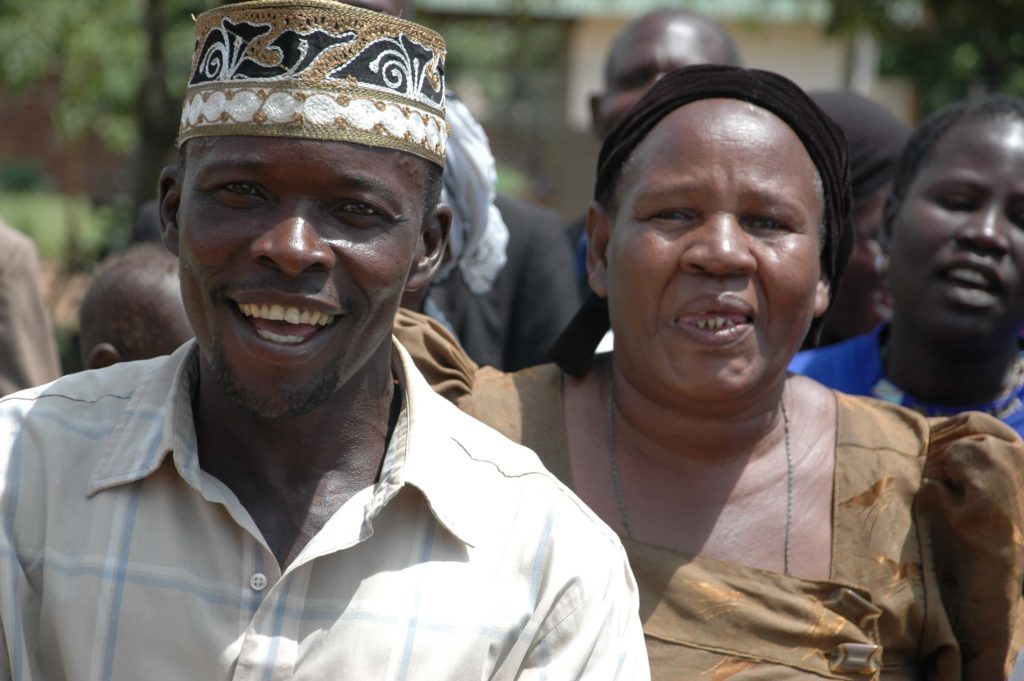Strengthening TB and HIV & AIDS Responses in Eastern Uganda Project
Strengthening TB and HIV & AIDS Responses in Eastern Uganda Project

Overview
USAID’s Strengthening TB and HIV & AIDS Responses in Eastern Uganda (STAR-E) project empowered districts, health facilities, and communities in eastern Uganda to effectively respond to the HIV and TB epidemics by preventing new infections, treating and caring for those infected, and mitigating the diseases’ health and social impact.
From 2009 to 2017, we worked closely with Uganda’s Ministry of Health to:
- Develop guidelines and standards of care and oversee their implementation
- Provide technical assistance to health management teams in 12 districts with a combined catchment population of 2.7 million people
- Provide training and onsite mentorship for health care providers focused on improving the quality of HIV and TB service delivery in health facilities
To strengthen a continuum of care between the health facilities and the communities they serve, we partnered with local nongovernmental organizations, community-based civil society organizations, religious leaders, and peer educators from key and priority populations and scaled up support to 154 health facilities to offer integrated HIV and TB services. By 2015, more than 400,000 people were being tested for HIV per year, up from fewer than 30,000 in 2009. The TB case detection rate improved from 29% in 2009 to more than 40%, and the TB treatment success rate went from 50% in 2009 to 87% in 2015.
One-Stop Shop for TB/HIV Services: A Model for Increasing Antiretroviral Therapy Uptake in Uganda
Curbing the HIV Epidemic in Uganda
Donors & Partners
Donors
The United States Agency for International Development